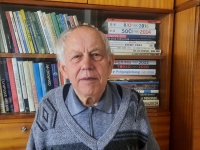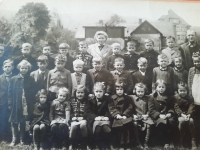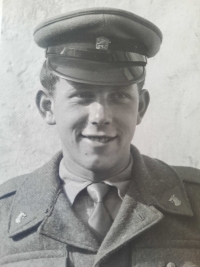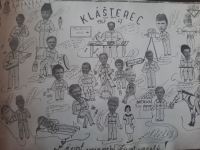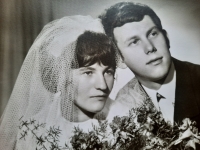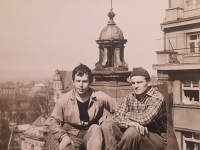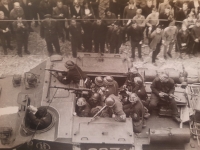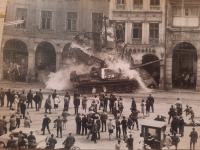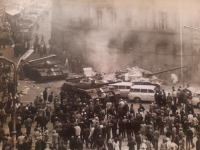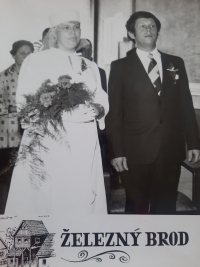I never liked my so-called friends from the Soviet Union. After the occupation in 1968, I know why
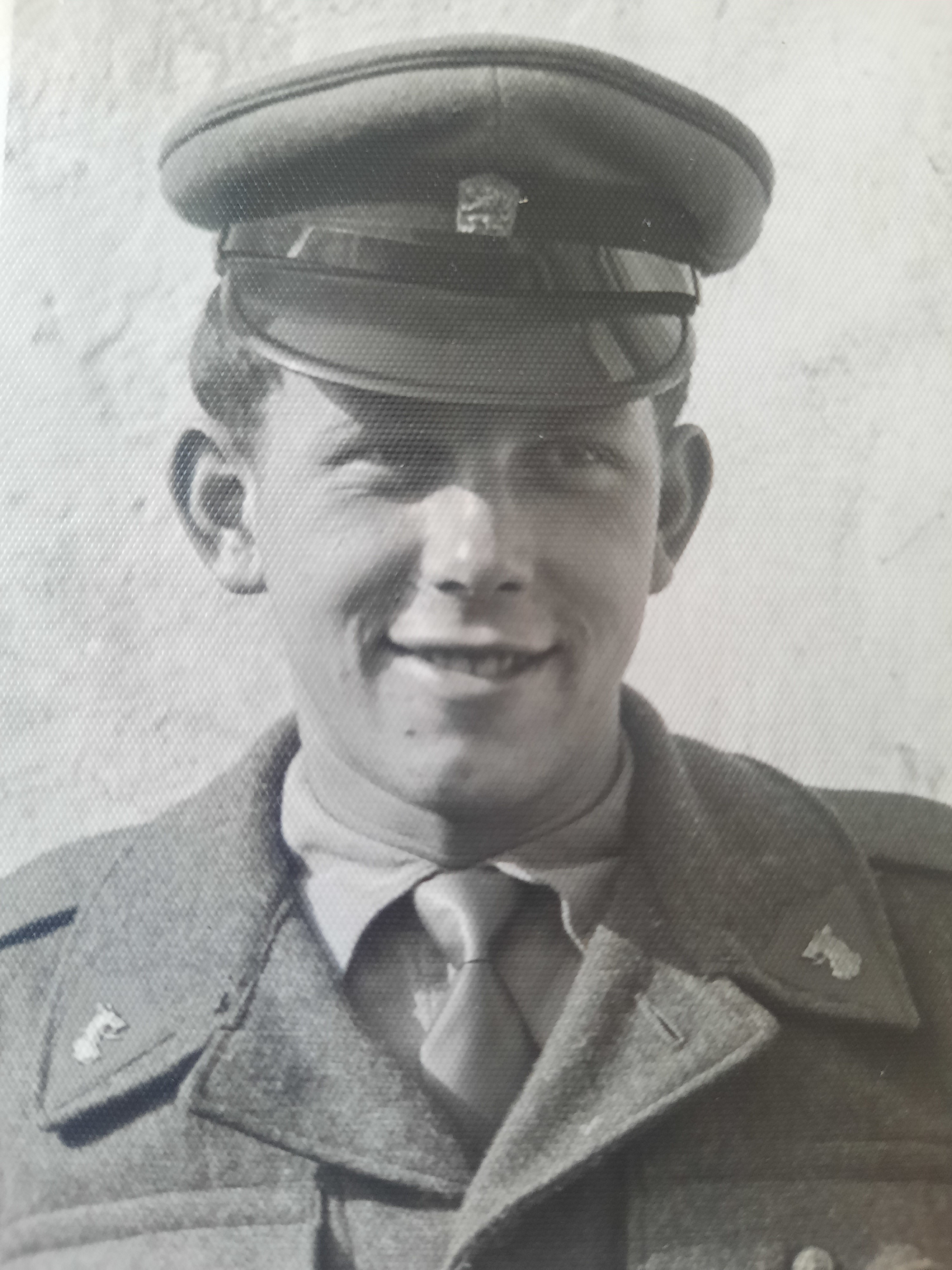
Download image
Vladimír Mádle was born on 5 September 1946 in Liberec. His parents, Vladimír and Věra, née Suchardová, came to Liberec after the Germans were expelled from the Jičín region as part of the settlement of the border area. His father trained as a tailor and during the war was forced to work in the village of Velvěty in Teplice. After the liberation, he worked in Dolní Hanychov in Liberec as a postmaster, later as a planner and worker in the PaM department (labour and wages) at the District Administration of Communications in Jablonec nad Nisou. His mother, who was orphaned at an early age and only completed primary school, worked at the District Institute of National Health in Liberec. Vladimír Mádle was trained as a construction plumber in the Stavokombinat in Liberec. He completed his basic military service with the Border Guard in Šumava. He moved from Sušice, where the unit was based, to the Liberec Road Troops in the second year of the war. As a construction plumber, he first participated in the establishment of a housing estate built by the Hradec Králové Earthworks and later in Klášterec nad Ohří. After the war, he joined Stavokombinat Liberec and then moved to the District Administration of Communications in Jablonec nad Nisou, where he moved with his family. On 21 August 1968, at the time of the occupation by the five communist states of the Warsaw Pact led by the Soviet Union, he became an eyewitness to the tragic events in front of the Liberec Town Hall, which cost nine lives. He even wanted to throw a decorative granite stone at the occupiers from the post office building. But his partner Petr Peukrt talked him out of it. At the age of 50, he retired on disability after several injuries, but he was still working part-time until 2018. In 2024 he lived with his second wife Milena, née Paldusová, in Jablonec nad Nisou. His first wife, Olga, maiden name Zrubcová, died tragically in 1999 while hiking in Switzerland. Vladimír Mádle has daughters Monika, Olga and Vera, three granddaughters and three grandsons. In 2024 he lived in Jablonec nad Nisou.
